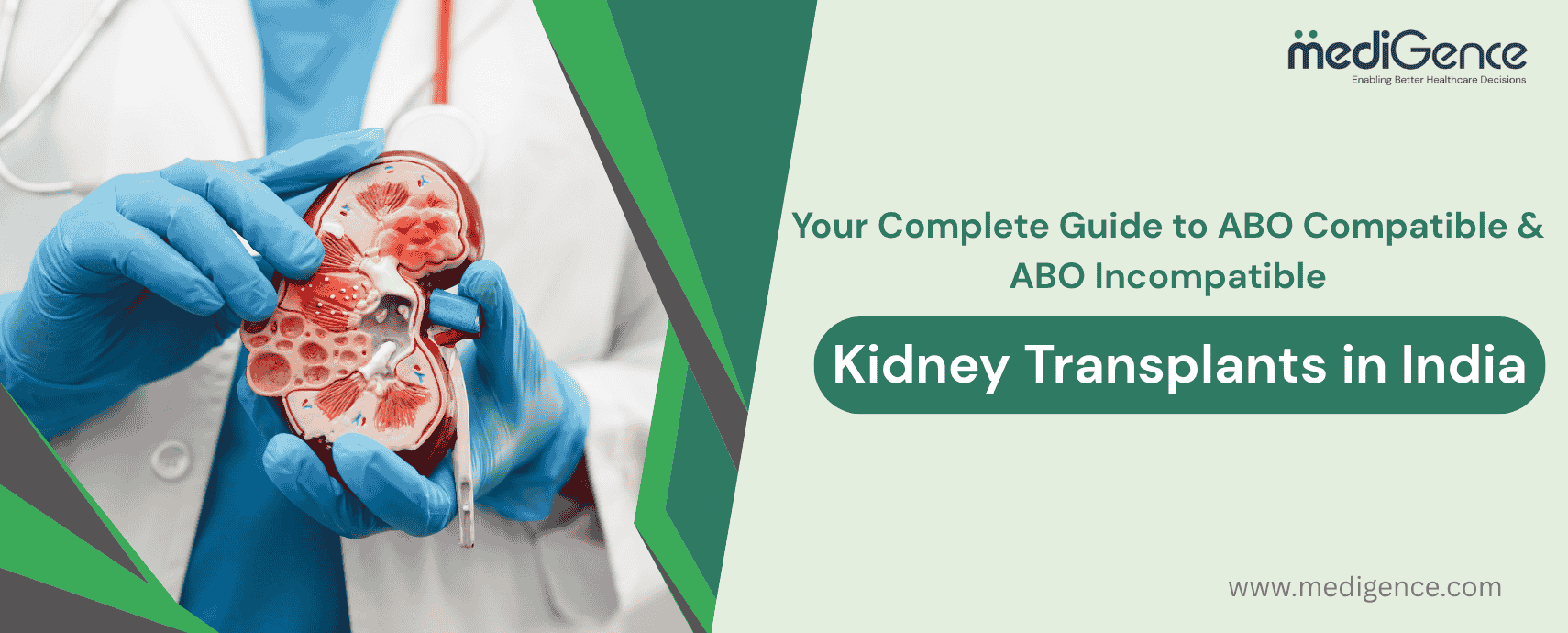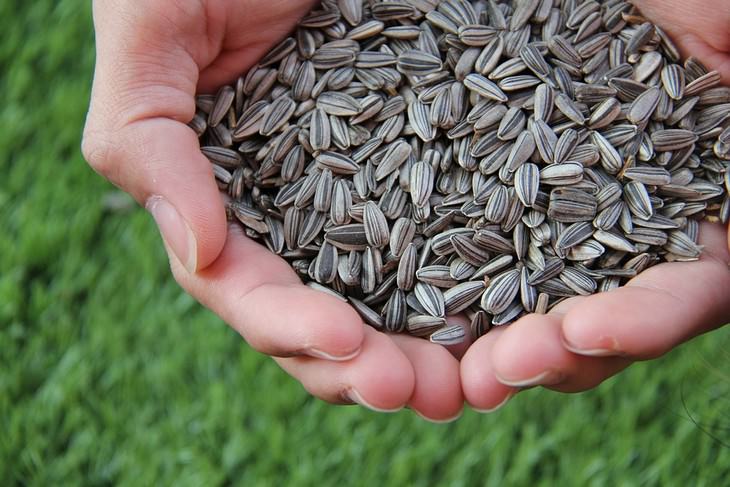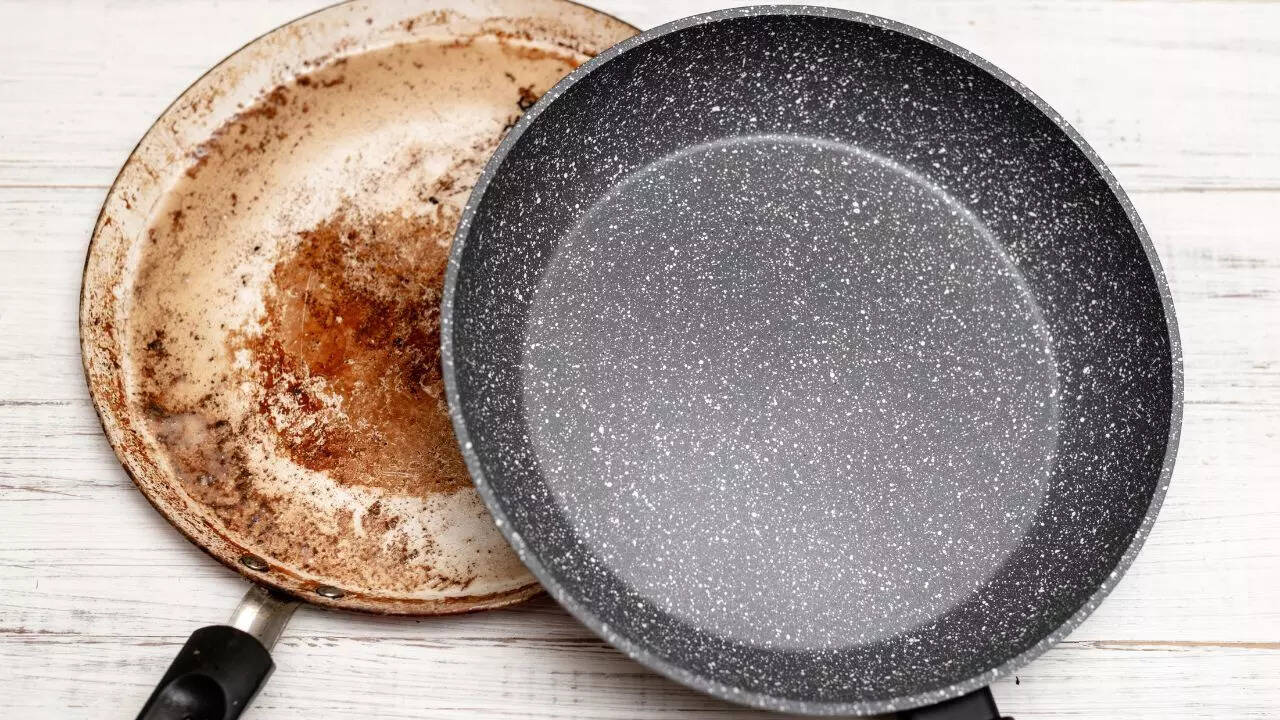For patients facing kidney failure, a transplant isn’t just surgery – it’s a lifeline. But for decades, a fundamental biological rule seemed unbreakable: you could only receive a kidney from someone with a compatible blood type (ABO compatible). This barrier shattered countless hopes when a willing, loving family member or friend had the “wrong” blood type. Thankfully, medical science has rewritten the rules. ABO-incompatible (ABOi) Kidney Transplantation is now a safe and established reality, particularly in pioneering countries like India. Understanding the differences, benefits, and pathways for both ABO-compatible and ABO-incompatible transplants is crucial for making empowered decisions.

The ABO Blood Group System: The Root of the Distinction
Our blood types (A, B, AB, O) are defined by specific sugar molecules (antigens) present on the surface of our red blood cells and other tissues, including the kidney’s blood vessels. Crucially, our immune system naturally produces antibodies against the A or B antigens we don’t possess.
- Type A: Has A antigens. Makes Anti-B antibodies.
- Type B: Has B antigens. Makes Anti-A antibodies.
- Type AB: Has A & B antigens. Makes no Anti-A or Anti-B antibodies (Universal Recipient for blood).
- Type O: Has no A or B antigens. Makes both Anti-A and Anti-B antibodies (Universal Donor for blood, but challenging for recipients).
ABO-Compatible (ABOc) Kidney Transplant: The Traditional Gold Standard
This is the standard transplant scenario where the donor’s blood type is compatible with the recipient’s, meaning the recipient does not have pre-formed antibodies against the donor’s blood group antigens.
1. How it Works: The immune system doesn’t immediately recognise the new kidney as a severe threat based on blood type alone. Standard immunosuppressive medications are used to prevent rejection by dampening the overall immune response.
2. Advantages:
- Simpler Process: No need for complex pre-transplant desensitisation.
- Lower Initial Rejection Risk: Significantly reduced risk of hyperacute or early antibody-mediated rejection compared to ABOi.
- Potentially Lower Cost: Avoids the expenses of desensitisation therapies.
- Wider Availability: Offered by virtually all kidney transplant centers.
3. Disadvantages:
- Limited Donor Pool: Restricted to donors with compatible blood types. This can lead to long waits on the deceased donor list or rule out medically suitable living donors solely due to blood type.
ABO-Incompatible (ABOi) Kidney Transplant: Shattering the Blood Barrier
This revolutionary procedure allows transplantation despite the donor and recipient having incompatible blood types (e.g., a Type O recipient receiving a Type A kidney). It achieves this by desensitizing the recipient’s immune system before the transplant to remove or neutralize the harmful Anti-A or Anti-B antibodies.
How it Works (The Desensitization Process):
1. Assessment: Measure the recipient’s baseline antibody level (titer) against the donor’s blood type.
2. Desensitization (Weeks/Months Pre-Transplant):
- Plasmapheresis/Immunoadsorption: Removes the harmful antibodies directly from the blood plasma.
- Intravenous Immunoglobulin (IVIG): Administered after plasmapheresis. Modulates the immune system, blocks remaining antibodies, and suppresses new antibody production.
- Immunosuppressive Drugs: Medications are often used alongside standard transplant drugs started pre-transplant.
3. Transplantation: Proceeds once antibody titers are reduced to a safe target level.
4. Post-Transplant Vigilance: Close monitoring of antibody levels. Additional plasmapheresis/IVIG or medication adjustments may be needed if titers rebound significantly to prevent rejection.
5. Advantages:
- Massively Expanded Donor Pool: The single biggest benefit. Allows recipients to accept kidneys from willing living donors regardless of blood type (spouses, siblings, friends, parents, children over 18). This drastically reduces or eliminates the wait for a deceased donor kidney.
- Living Donor Advantages: Benefits of a planned surgery, better long-term kidney survival rates, and immediate function (usually) are retained.
- Comparable Success Rates: When performed at experienced centers, the long-term success rates (5-10+ years) for ABOi transplants are now comparable to ABOc living donor transplants. This is a monumental achievement in transplant medicine.
- Faster Access to Transplant: Bypasses lengthy deceased donor waiting lists.
6. Disadvantages & Challenges:
- Higher Initial Rejection Risk: Increased risk of antibody-mediated rejection, especially in the early post-transplant period, requiring intense monitoring and management.
- Increased Infection Risk: More intensive immunosuppression increases vulnerability to infections.
- Complexity: The desensitization process adds significant steps, time, and coordination before the actual transplant.
- Higher Cost: Desensitization drugs (Rituximab, IVIG) and procedures (plasmapheresis) add substantial cost.
- Requires Highly Specialized Centers: Demands a multidisciplinary team with specific expertise in immunology, apheresis, and managing complex rejection. Not all centers offer ABOi programs.
- Potential for Rebound Antibodies: Requires diligent long-term monitoring.
ABOc vs. ABOi in India: A Comparative Snapshot
| Feature | ABO-Compatible (ABOc) Transplant | ABO-Incompatible (ABOi) Transplant |
|---|---|---|
| Blood Type Match | Required | NOT Required |
| Donor Source | Compatible Living or Deceased Donor | Any Willing Living Donor or Deceased Donor (post-desensitisation) |
| Pre-Transplant Process | Standard Evaluation & Immunosuppression Start | Complex Desensitisation (Plasmapheresis, IVIG, Rituximab) |
| Key Advantage | Simpler, Lower Initial Rejection Risk | Expands Living Donor Pool Dramatically |
| Key Challenge | Limited Donor Pool / Waiting List Time | Higher Complexity, Cost, & Initial Rejection Risk |
| Success Rates | Excellent (Gold Standard) | Comparable to ABOc at Experienced Centers |
| Center Availability | Widely Available | Limited to Specialized, High-Volume Centers |
Why India Excels in Both, Especially ABOi
- High Volume & Expertise: Indian transplant centers, particularly major hospitals in metros (Delhi, Mumbai, Chennai, Bengaluru, Hyderabad, Ahmedabad, Kochi), perform a large number of both ABOc and ABOi transplants. This volume translates to refined protocols and significant surgeon/team experience. India is a global leader in ABOi volume.
- Cost-Effectiveness: Even with the added cost of desensitization, ABOi transplants in India cost a fraction (often 1/3rd to 1/2) of what they do in Western countries, making this life-saving option accessible.
- Advanced Technology & Protocols: Leading Indian centers utilize state-of-the-art apheresis machines, advanced immunological testing, and follow globally benchmarked desensitization and immunosuppression protocols.
- Integrated Care: Experienced multidisciplinary teams (transplant surgeons, nephrologists, immunologists, apheresis specialists, dedicated coordinators, counsellors) work seamlessly.
- Focus on Living Donation: India has a strong culture and medical framework supporting living donor transplants, which naturally extends to ABOi programs.
Choosing Between ABOc and ABOi: Key Considerations
The “best” option is profoundly personal and medical:
- Do You Have a Willing Living Donor?
- If YES, but blood type INCOMPATIBLE: ABOi is your pathway to using that donor. This is often the primary reason to choose ABOi.
- If YES and COMPATIBLE: ABOc is the simpler, standard choice.
- If NO Living Donor: You’ll be listed for a deceased donor transplant (ABOc). ABOi isn’t typically used proactively for deceased donor waits unless a rare compatible/incompatible scenario arises during matching.
- Your Health Status: ABOi requires undergoing desensitization, which may not be suitable for patients with severe infections, significant heart disease, or other major comorbidities. A thorough evaluation is essential.
- Antibody Levels (For ABOi): The starting level (titer) of anti-donor antibodies influences the intensity and duration of desensitization needed and the associated risks. Very high titers can be more challenging.
- Center Expertise: ABOi outcomes are highly dependent on center experience. Never compromise on this. Choose a center with a proven, high-volume ABOi program.
- Financial Considerations: Factor in the higher costs of ABOi (desensitization drugs/procedures) and ensure funding/insurance coverage (if applicable).
- Psychological Readiness: ABOi involves a longer, more complex pre-transplant process and requires strict adherence to a potentially more intense post-transplant regimen. Patient and family commitment is paramount.
MediGence: Your Expert Navigator for ABOc & ABOi Transplants in India
Whether you’re exploring a compatible or incompatible transplant, navigating the Indian healthcare landscape requires expert guidance. MediGence is your dedicated partner:
- Personalized Pathway Assessment: We help you understand if ABOi is a viable option based on your donor situation, health, and antibody profile, comparing it directly with ABOc or deceased donor pathways.
- Access to Elite Centers: We connect you ONLY with accredited Indian hospitals boasting:
- Proven High-Volume ABOi Programs: Ensuring the necessary expertise and outcomes.
- Excellence in Standard ABOc Transplants: For compatible scenarios.
- Comprehensive Living Donor Workup: Streamlined evaluation for your donor.
- Transparent Cost Analysis: We provide detailed, personalized cost breakdowns for both ABOc and ABOi transplants at top hospitals, including all associated expenses (evaluation, surgery, hospital stay, medications, desensitization for ABOi).
- Seamless ABOi Coordination: For incompatible transplants, we manage the complexity:
- Coordinating the desensitization schedule (plasmapheresis, IVIG).
- Ensuring clear communication between you, your donor, and the transplant team.
- Handling logistics for the extended pre-transplant period.
- Logistical Mastery: Medical visa assistance, travel arrangements, accommodation for recipient and donor (if applicable), local transportation – we handle it all.
- Ongoing Support: From initial queries through post-transplant follow-up coordination, MediGence provides continuous support and advocacy.

Conclusion:
Blood Type is No Longer the Final Word
The landscape of kidney transplantation in India has been transformed. ABO-Incompatible Kidney Transplantation is no longer experimental; it’s a life-saving standard of care, performed with outstanding success at leading Indian centers. It offers hope and a faster path to transplant for patients with willing but blood-type-incompatible living donors.
Choosing between ABO-compatible and ABO-incompatible transplantation depends on your unique circumstances:
- ABO-Compatible remains the simpler, gold-standard option when a compatible donor exists.
- ABO-Incompatible is the revolutionary pathway that breaks the blood type barrier, leveraging India’s expertise and affordability to turn “incompatible” into “possible” and “successful.”
India provides world-class care for both pathways. By understanding the differences, carefully evaluating your options with medical professionals, and partnering with an experienced medical value provider like MediGence, you can confidently navigate your journey towards a life-saving kidney transplant, regardless of blood type.Don’t let blood group incompatibility deny you or your loved one a second chance. Explore the possibilities of ABO-Incompatible Kidney Transplantation in India today.









